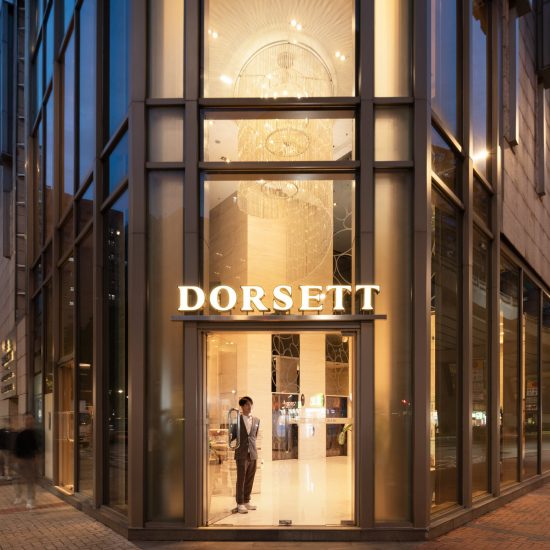
Abidjan is bracing for a highly polarised presidential election scheduled for 25 October 2025, as President Alassane Ouattara’s ruling party moves to endorse his expected bid for a fourth term. Meanwhile, key opposition figures have been barred from the ballot, prompting protests and allegations of democratic erosion.
Official party channels have circulated motions affirming Ouattara, 83, as their preferred candidate under the Rally of Houphouëtists for Democracy and Peace. He has indicated his health and determination to continue serving, yet the formal declaration remains pending. The RHDP’s decision follows a precedent set in 2024, when senior members asserted there was “no viable candidate other than Ouattara”.
The electoral landscape has sharply shifted in the past weeks. On 4 June, the Independent Electoral Commission finalised its candidate list, excluding four high-profile figures: former opposition leader Tidjane Thiam, ex-president Laurent Gbagbo, Charles Blé Goudé and ex–prime minister Guillaume Soro, citing legal and constitutional constraints. Thiam, who renounced his French citizenship earlier this year, was removed on grounds that he forfeited his Ivorian nationality, a legal interpretation contested by his party.
Thiam’s supporters responded in Abidjan, with thousands rallying in inclement weather to demand his reinstatement. Displaying PDCI colours, they accused authorities of biased justice and pledged to challenge the decision domestically and through international mechanisms. In a statement, he stressed he remained committed to peaceful political participation, warning that excluding opposition actors could destabilise the country.
The disqualification of other prominent opposition figures compounds political unrest. Gbagbo, who was acquitted by the International Criminal Court but remains barred due to domestic convictions, has decried the exclusion as undemocratic. The disputed electoral list has drawn sharp criticism from Simone Ehivet Gbagbo—former first lady and one of the few opposition candidates allowed to run—who described the electoral environment as unconducive to a “peaceful, calm election”.
The electoral register enrols 8.7 million voters in a nation of roughly 32 million, nearly half under 18. No revisions have been scheduled ahead of the vote, despite opposition demands. Critics argue the register excludes many young and rural voters, exacerbating representation concerns.
2010 and 2020 hold sombre reminders of electoral violence. The former saw over 3,000 deaths in civil unrest, and the latter witnessed deadly bouts of protest after Ouattara pursued a third term, despite term-limit controversy. The spectre of unrest looms once more as key challengers are removed and dissent escalates.
Analysts highlight a fragmented opposition: PDCI is split between Thiam and Jean‑Louis Billon; FPI presents Pascal Affi N’Guessan; former rebel leader Guillaume Soro remains in exile; Simone Ehivet Gbagbo leads the MGC. This disunity may advantage the incumbent. International observers, including ECOWAS and the UN, have called for transparency in candidate vetting and voter registration.
Foreign influence adds complexity. Ivory Coast’s post-colonial ties with France remain under scrutiny, while security cooperation with Israel and the United States persists. Rising anti-French sentiment and praise for pan‑African sovereignty feed nationalist rhetoric across camps.
President Ouattara asserts that a constitutional referendum in 2016 reset term limits, legitimising his third mandate—and potentially another. Opposition parties challenge this, asserting that a fourth term would breach democratic norms.
As campaigning intensifies, the friction between institutional authority and popular sentiment escalates. The IU electoral schedule foresees campaigning through October, culminating in first- and potential runoff rounds. Both domestic and international actors are watching closely, wary that electoral mismanagement could reignite violence and undermine Côte d’Ivoire’s role as a West African anchor of stability.




